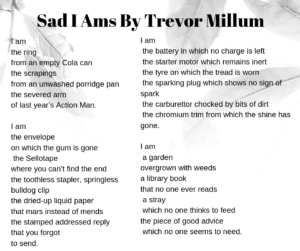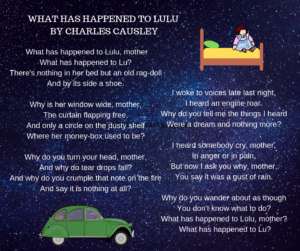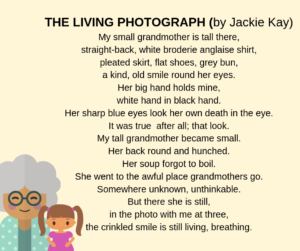What is CERF? It refers to Common European Framework of Reference for Languages. You’ve got it right! It is a European Framework that somehow as Asians, we have to follow. Ironic, isn’t it? Nevertheless, with that as reference and guidance, we change our curriculum i.e. in specific the English subject when we started KSSM in 2017. Yup. Indeed. It makes the PT3 for this year different from the last year. Last year, there was literature part. But there is no more literature part in PT3 this year.
But does the change matters? Well, there are lots of criticism that you find from various parties like teachers, parents and others who are concern with the latest development. Of course, it is kind of safe to say that you can’t see the impact now but have to wait for few years to see any improvement of the English language proficiency among Malaysians. Yet, there are various elements that I notice in the textbooks used for the new curriculum.
When I taught form 1 last year (2018) when I did my Latihan Ikhtisas, other than the literary part (poems and short story/graphic novel), I have to use Pulse 2 textbook to teach form 1 class (which is not readily available in any bookstore like MPH and such. But you can but the workbook from Lazada though). There are lots of criticism on this by teachers. I reserve to comment on this matter. After all, who am I to comment on this matter when I am not even a teacher? 😀
So, my initial thought is when the PT3 has no longer the literature part starting this year, so it would be the same for SPM then in the next two years. How wrong I was? They are introducing “new” literature content. So, what’s new, pussycat? Well, the Education director-general Datuk Dr Amin Senin explained the new stuff would be included in the current curriculum.
For an 18-month curriculum, students have to learn 10 poems, one novel or six short stories, and one drama. Sound quite the same, right with the current practice? Wait until you see the lists though.
Among the literature contents that they have to learn is The Merchant of Venice (William Shakespeare), The Clay Marble (Minfong Ho), and Embracing Your Shadow (Chua Kok Yee). The poems would include To Autumn (John Keats) and When You Are Old (by William Butler Yeats).
They are piloting the literature contents in selected schools which started in 2017. There are around 300 students from seven schools in Penang, Perak, Selangor, Kuala Lumpur, Sabah and Sarawak would sit for the International General Certificate in Secondary Education (IGCSE) English Literature exam in June 2018 instead of the SPM English Literature paper. I don’t know how the teachers would react towards this. But most importantly, can teachers i.e. non-option English teachers be better prepared if they take MUET? That’s what I would like to know and see the impact in the future.
Personally, I am glad that I belong to different era so I won’t be affected by this. But, I am sad that the current generation has to face this. All the best, guys!





